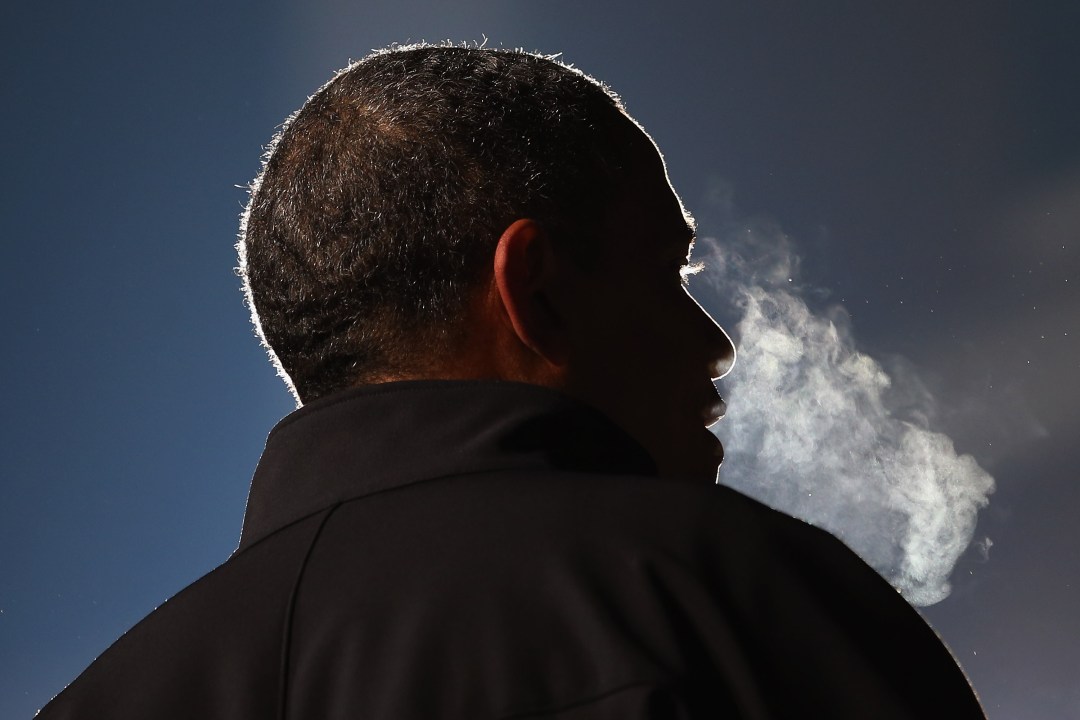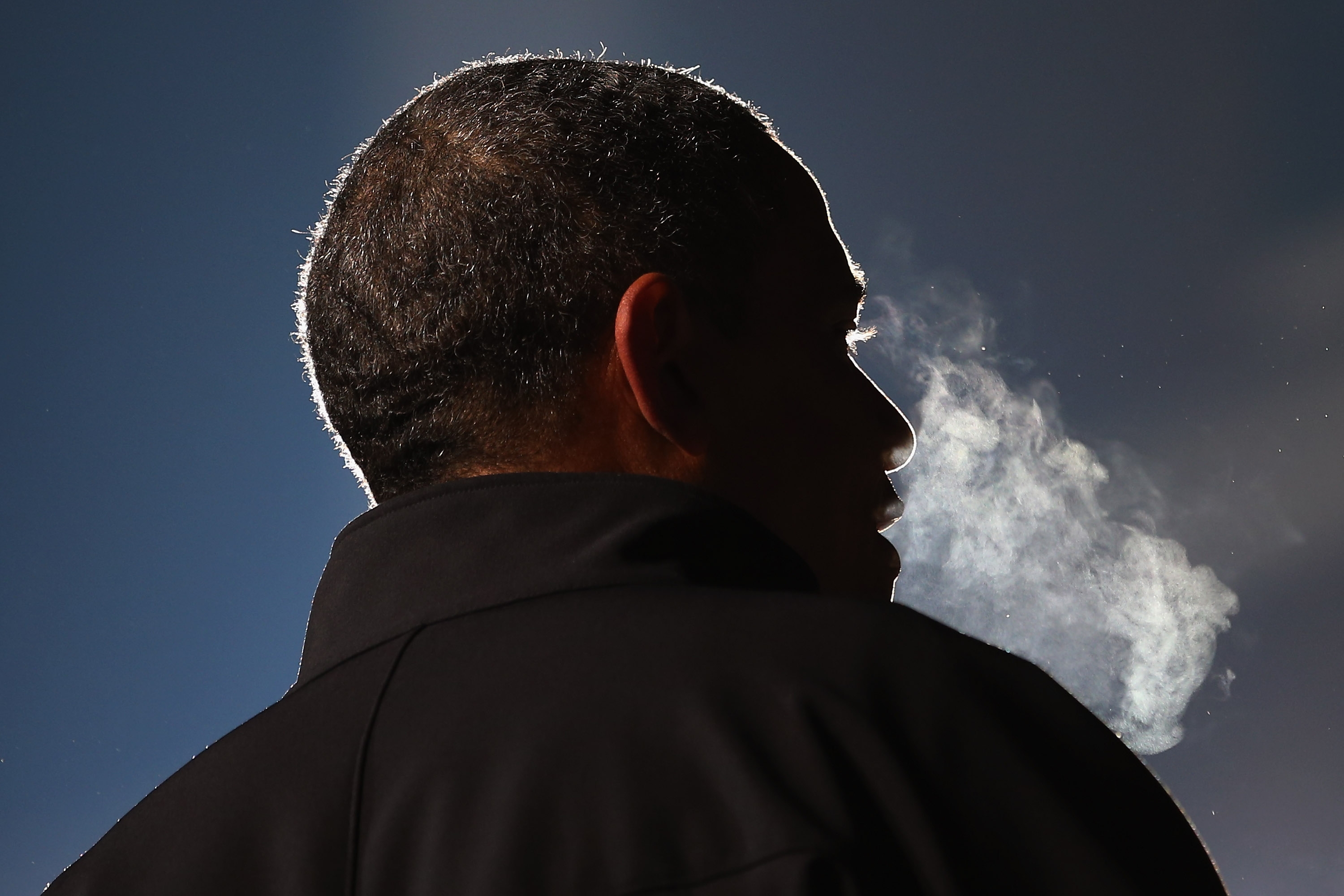Even John Kerry is now confirming what was already long suspected: that Bashar al-Assad has used chemical weapons against his own people. In all likelihood, he has used Sarin nerve agents against rebel held areas in the north. That he would do so is no surprise. This is the most strategically sensitive area in Syria today, providing the principal route by which men, money, and munitions, slip into the country. If Assad can regain control of the northern areas bordering Turkey he will be able to resolve the conflict decisively in his favour.
President Obama is caught in a dilemma. He publicly warned Assad that using chemical weapons would be a ‘red line’ precipitating intervention of some kind. Pressure is mounting on him not to renege on that promise but the White House is worried about what it can actually do.
Western efforts to alleviate the scale and extent of suffering in Syria are complicated by the presence of radical jihadists. Although the Syrian uprising was not Islamist in orientation during its incipient phases there has been a clear radicalisation of the revolution as the conflict has endured and the violence intensified. To complicate matters further, it is the al-Qaeda affiliated fighters of Jabhat al-Nusrah who are making the biggest inroads on the ground.
What options does Obama have then? His favoured position of doing nothing is looking increasingly untenable. With Assad now flouting the so-called ‘red lines’ Obama will not only risk looking weak but also sets the precedent that America is prepared to tolerate the use of chemical weapons by despotic regimes against civilian populations.
Military options are not without their complications. There is no appetite for putting boots on the ground and any such intervention would only entangle the West in a much larger and protracted conflict. Arming the opposition is the current default position, but this is similarly perilous. The armed opposition is a broad spectrum. At one end it is dominated by radical jihadists but at the other is comprised of secular fighters from the Free Syrian Army. Yet, given the privations and urgencies of war many of these groups are willing to work together for now. That makes it almost impossible to prevent weapons given to ‘trusted’ elements from ending up in the hands of jihadists.
The best option remains the imposition of a no fly zone. This would entail some direct military engagement by the forces implementing the scheme, requiring them to bomb satellite installations and surface-to-air missile batteries. Once this is achieved, the task is altogether easier. It would instantly level the playing field on the ground and go a long way towards easing the pressure felt by civilians who live in rebel held territory. Currently they are wholly unguarded against wildly indiscriminate raids by Assad’s forces who carpet bomb entire suburbs controlled by rebels.
Senate Foreign Relations Committee Chairman Robert Menendez has been leading renewed talk of a no fly zone among officials in Washington. Other heavyweights including John McCain are also lining up behind him. Obama may now find the current chorus of disapproval too irresistible as we slide ever closer towards intervention







Comments